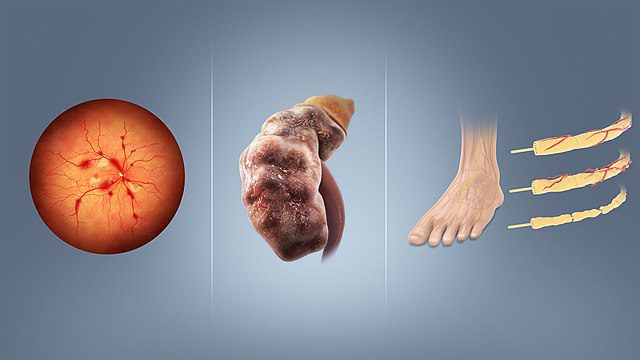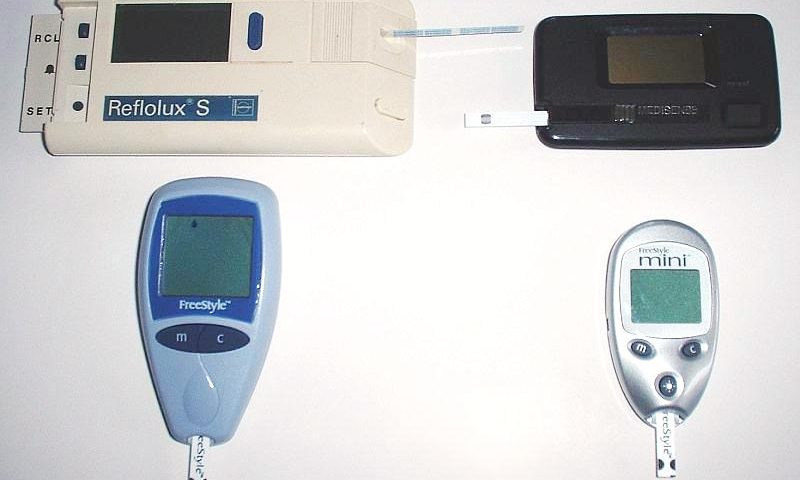Diabetes affects a great number of us, and, sadly, many of us have to live with it without even knowing that we have it! It is a blood-related condition you can comfortably live with, but in order to live a full life, it needs to be managed carefully. With that in mind, let’s take a look at some interesting facts about diabetes.
1. It’s a worldwide phenomenon.
It is estimated that today, around 415 million people are living with diabetes across the world. Sadly, that number is only set to grow, with numbers potentially reaching about half a billion by 2040.
2. One in five people are currently affected.
It is believed that roughly one in five people living in the United States do not know that they have diabetes. Currently, about 37 million people, out of nearly 330 million people in the US, live with the condition.
3. A rising death rate is expected.
Diabetes, when mismanaged, can lead to death. In fact, it is estimated that diabetes is the cause of about 11.3% of deaths around the world, with the number ever-changing. This accounts for both types 1 and 2.

4. Diabetes affects the young as well as the mature.
It was once assumed that diabetes was a problem purely experienced by adults, with type 2 diabetes typically affecting people over the age of 45. However, recent numbers show that the condition is starting to affect younger adults, even reaching teens and children.
Very few people may be aware of neonatal diabetes, too. This form of diabetes – tragically – affects children under the age of six months.
5. Type 1 or type 2?
Although the two forms of diabetes may seem very similar, they do have their differences. Type 1 diabetes is a condition in which the body no longer produces insulin. In type 2 diabetes, the body has developed insulin resistance, or too little of it is produced.
Insulin is the hormone generated by our pancreas that controls the blood sugar levels in our bodies. Essentially, diabetes revolves around a lack of insulin regulation in our bodies.
6. A genetic condition?
While type 1 diabetes does not appear to be related to genes, type 2 may be. Research has shown that type 2 diabetes can run more in familial bloodlines, and is linked to a person’s genetics.
While there is no total guarantee that you will get it if someone in your family has it already, you have a heightened chance of developing the condition if there’s history in your bloodline.
7. Testing your blood sugar levels is a must.
You may have noticed people with diabetes poking their fingers to get drops of blood! This is because they are using a blood glucose metre to test their blood sugar levels. Some doctors have to recommend that their patients with diabetes test their blood sugar levels up to ten times a day! However, these are in extreme cases.
8. Side effects of diabetes are well-noted.
Sadly, having to prick your finger a few times a day may be the least of your problems. People living with either type of diabetes are more prone to heart disease, strokes, fatigue, high blood pressure, ulcers, gum disease, stress, and even blindness.
9. Many, many people live with diabetes.
Although this may all sound very dark, it is important to note that you can live a comfortable life with diabetes – and plenty of people do! Always talk to your doctor about getting tested, at which point they will be able to advise you on adopting a healthier diet, a regular exercise program, and, of course, help with managing your blood sugar.

FAQs about Diabetes
What are the first obvious signs of being diabetic?
There are indeed early signs that you can look out for when it comes to diabetes. If you are frequently hungry, have blurred vision, are tired, peeing more than normal, suffer from dry mouth or itchy skin, or feel faint after strenuous exercise, then it is definitely important to talk to your doctor or physician as these could be signs of diabetes.
What actually causes diabetes?
Multiple factors can lead a person to develop diabetes. While genes can indeed play a role, diabetes frequently arises from weight issues (notably being overweight, as your cells are more likely to be insulin-resistant), age, inactivity, and other medical issues such as PCOS (Polycystic Ovarian Syndrome), or high blood pressure.
Can you prevent diabetes?
As it happens, you can prevent or at least significantly delay diabetes! Working closely with your doctor to adopt a more active and diet-healthy lifestyle, you can dramatically reduce your risk of diabetes.
Do you have any facts about diabetes? Please share them in the comments below!
Further reading:










